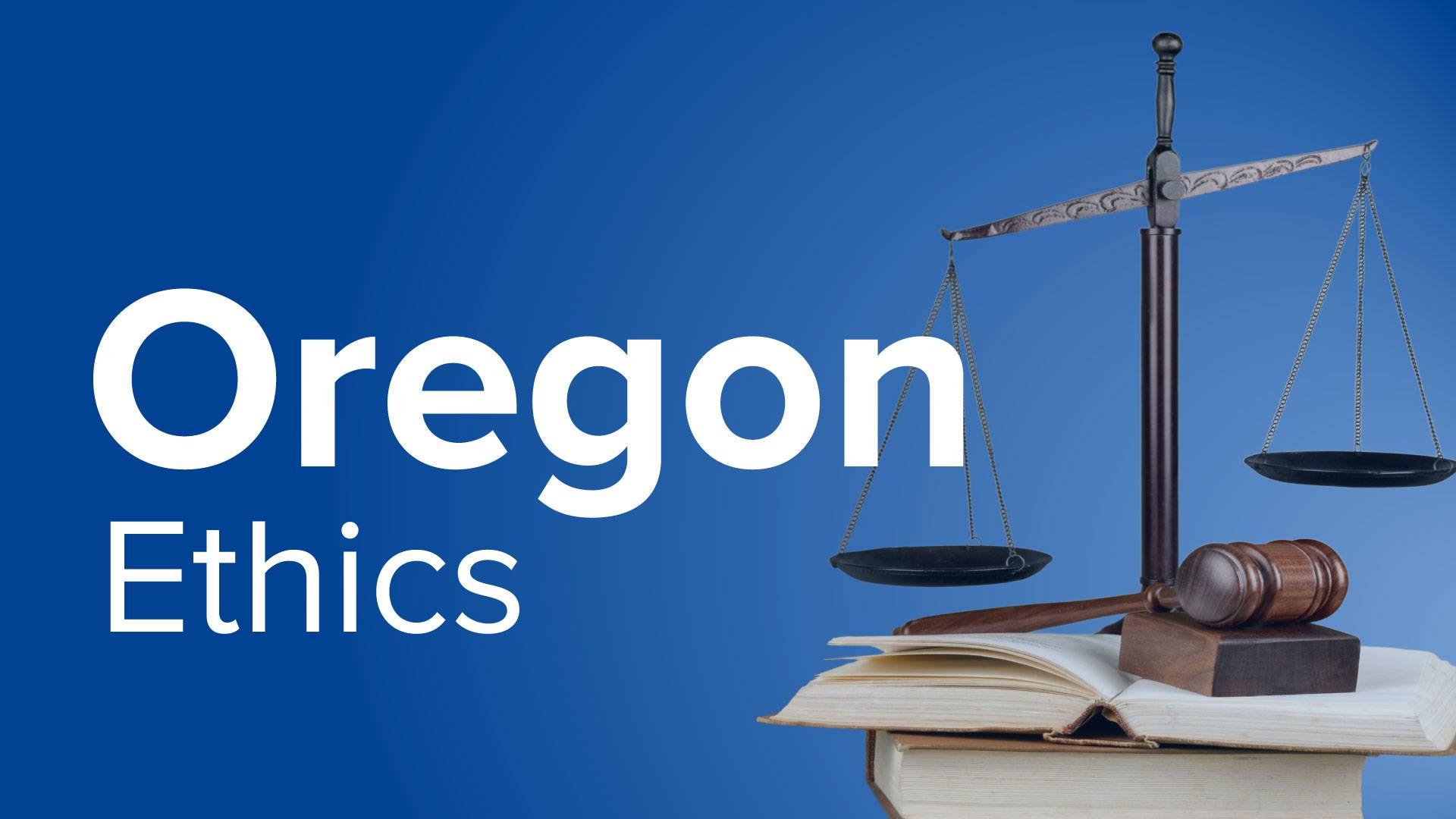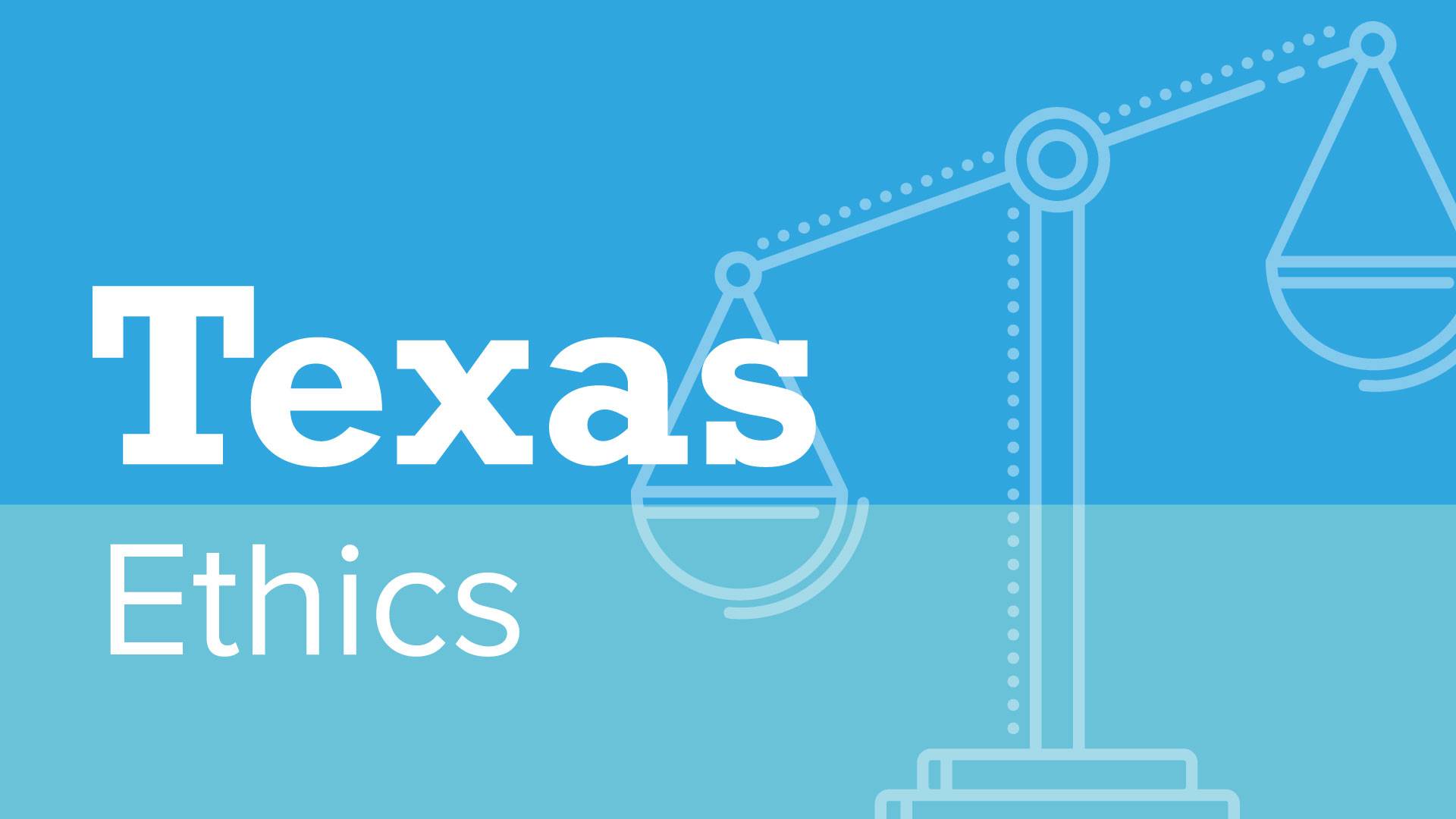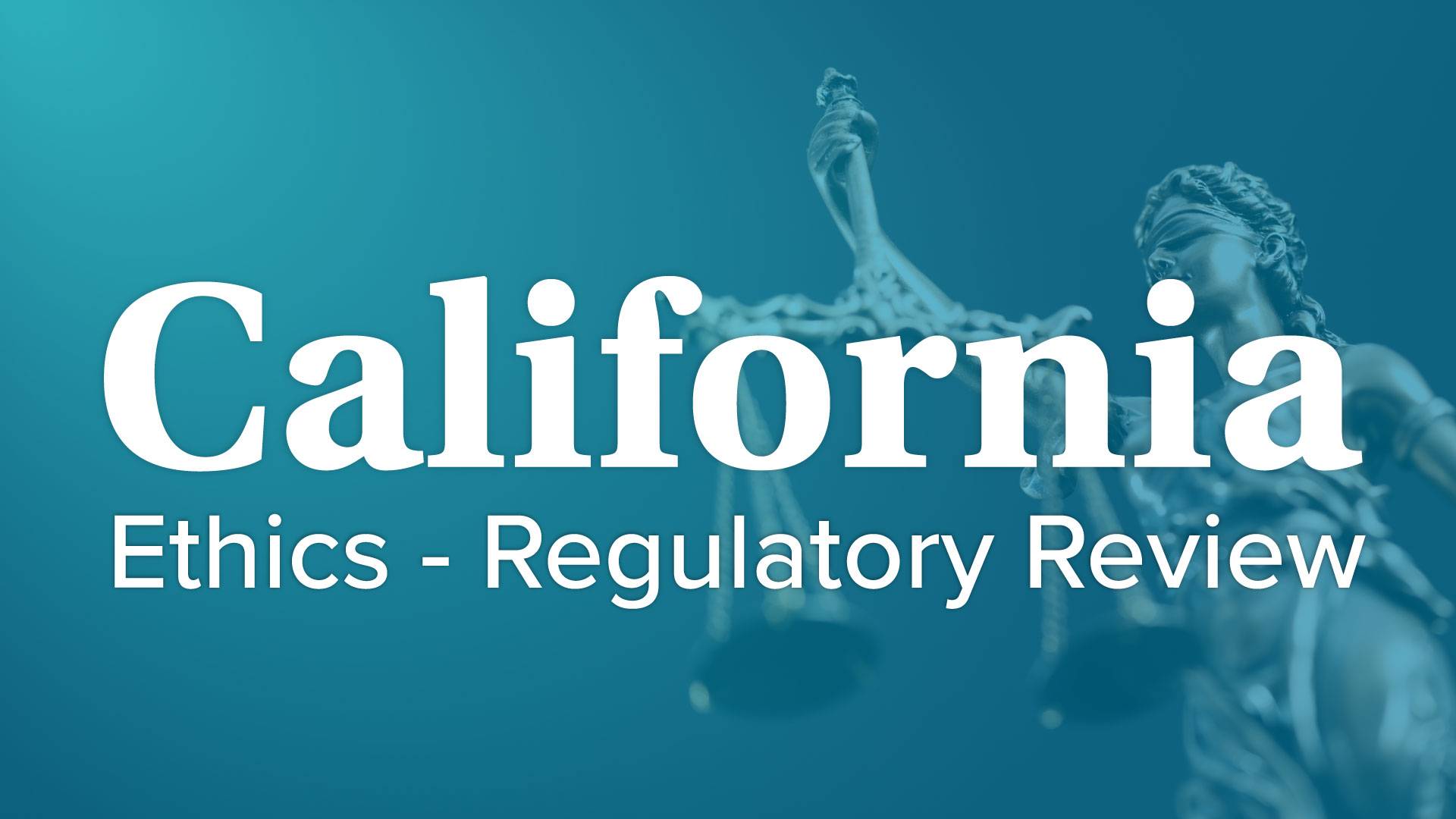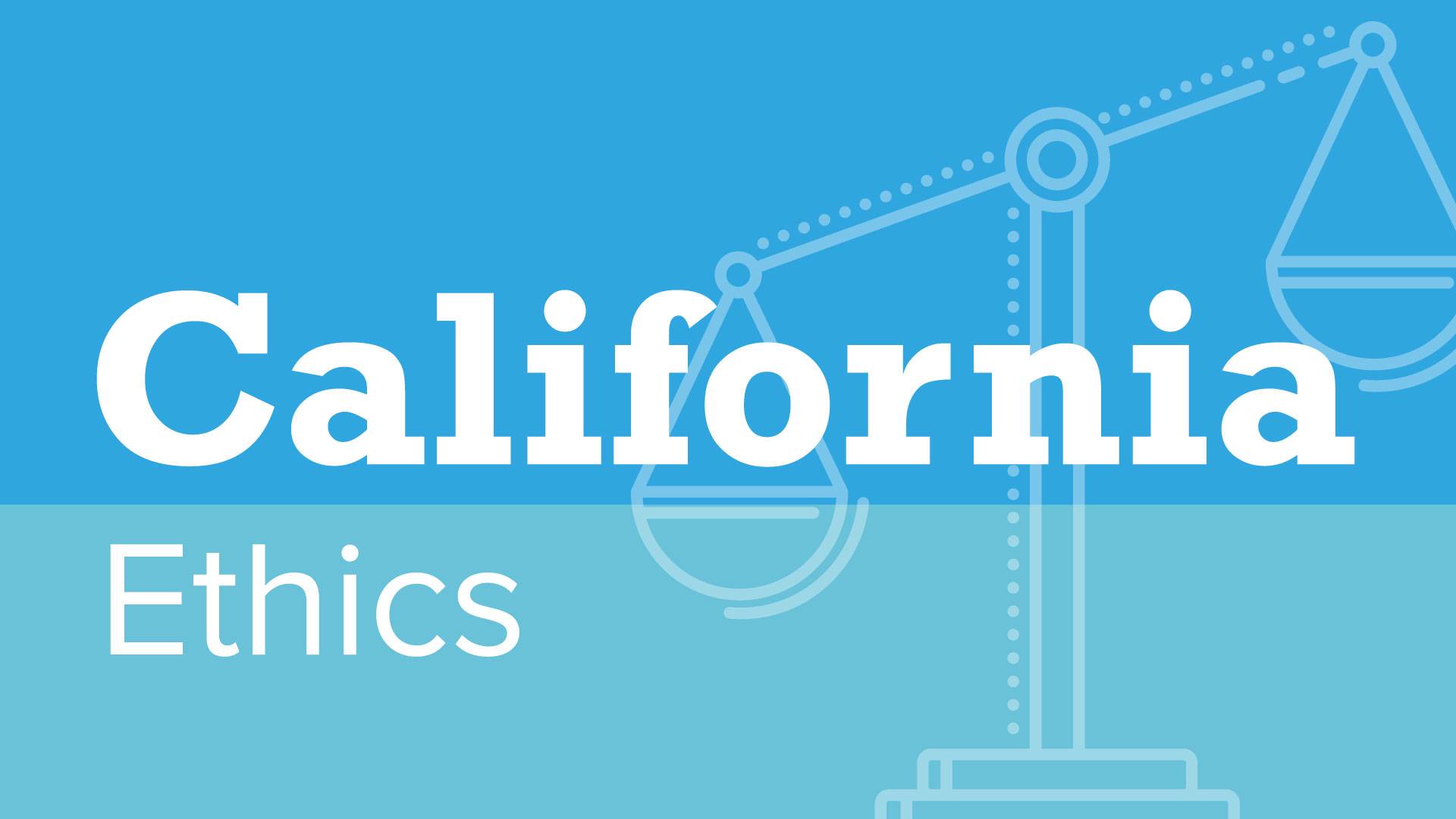Self-Study
Accountant Ethics for Oregon
Core guide to Oregon CPA Ethics and Professional Standards. Learn essential Board requirements and professional conduct rules through practical case studies and real-world applications.

$116.00 – $136.00
Webcasts are available for viewing Monday – Saturday, 8am – 8pm ET.
Without FlexCast, you must start with enough time to finish. (1 Hr/Credit)
Please fill out the form below and we will reach out as soon as possible.
CPE Credits
4 Credits: Regulatory Ethics
Course Level
Overview
Format
Self-Study
Course Description
Accountant Ethics for Oregon meets the four-hour ethics requirement of the Oregon Board of Accountancy (the “Board”). In this course, we explore the AICPA Code of Professional Conduct and the Oregon Board of Accountancy Administrative Rules. This Oregon CPA ethics CPE course also includes an overview of recent case studies pertaining to Board rules. Examples are used throughout the CPA ethics course materials to illustrate various ethics concepts.
Learning Objectives
Upon successful completion of this course, participants will be able to:
- Describe the different principles contained within the AICPA Code of Professional Conduct.
- Specify the different types of harassment.
- Describe the types of discreditable acts stated in the AICPA Code of Professional Conduct.
- Explain the accountant’s obligations related to the release of confidential information.
- Specify the policies that may apply to the release of confidential information.
- Identify the characteristics of false or misleading promotional efforts.
- Describe the obligations of the accountant in relation to the delivery of records to a client.
- Specify the obligations of the accountant in regard to conflicts of interest.
- Describe the different types of threats to an accountant’s ability to comply with the AICPA Code of Professional Conduct.
- Specify the types of complaints that the Board will investigate.
- Identify the activities that will incur a civil penalty from the Board.
- Specify the activities that a former licensee must complete after having resigned his or her license.
- Recognize the actions needed to reinstate a license to active status.
- State the requirements for maintaining a branch office within Oregon.
- Recall the qualification requirements for CPE programs.
- Recall the circumstances under which a fee is not considered to be contingent.
- Cite the Board rule for dealing with non-disclosure agreements.
- Identify the disciplinary actions available to the Board.
Course Specifics
SS424380935
April 2, 2025
There are no prerequisites.
None
130
Compliance Information
CFP Notice: Not all courses that qualify for CFP® credit are registered by Western CPE. If a course does not have a CFP registration number in the compliance section, the continuing education will need to be individually reported with the CFP Board. For more information on the reporting process, required documentation, processing fee, etc., contact the CFP Board. CFP Professionals must take each course in it’s entirety, the CFP Board DOES NOT accept partial credits for courses.
Meet The Experts

Steven M. Bragg, CPA, is a full-time book and course author who has written more than 300 business books and courses. He provides Western CPE with self-study courses in the areas of accounting and finance, with an emphasis on the practical application of accounting standards and management techniques. A sampling of his courses include the The New Controller Guidebook, The GAAP Guidebook, Accountants’ Guidebook, and Closing the Books: An Accountant’s Guide. He also manages the Accounting Best Practices podcast. Steven has been the CFO or controller of both public and private companies and has been a consulting manager with Ernst & Young and …
Related Courses
-
 Regulatory Ethics
Regulatory Ethics
Ethics and Professional Conduct for Texas CPAs
Joseph Helstrom, CPA QAS Self-Study
Credits: 4 $116.00
QAS Self-Study
Credits: 4 $116.00$116.00 – $136.00
-
 Regulatory Ethics
Regulatory Ethics
California Regulatory Review
Delta CPE LLC QAS Self-Study
Credits: 2 $58.00
QAS Self-Study
Credits: 2 $58.00$58.00 – $78.00
-
 Regulatory Ethics
Regulatory Ethics
Ethics and Professional Conduct for California CPAs
Patricia McCarthy, MBA & Joseph Helstrom, CPA QAS Self-Study
Credits: 4 $116.00
QAS Self-Study
Credits: 4 $116.00$116.00 – $136.00
